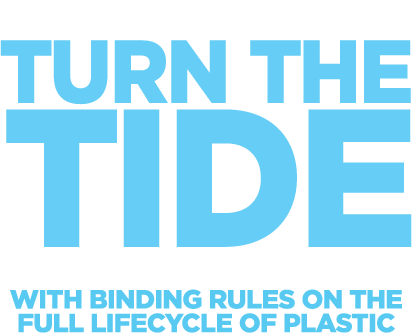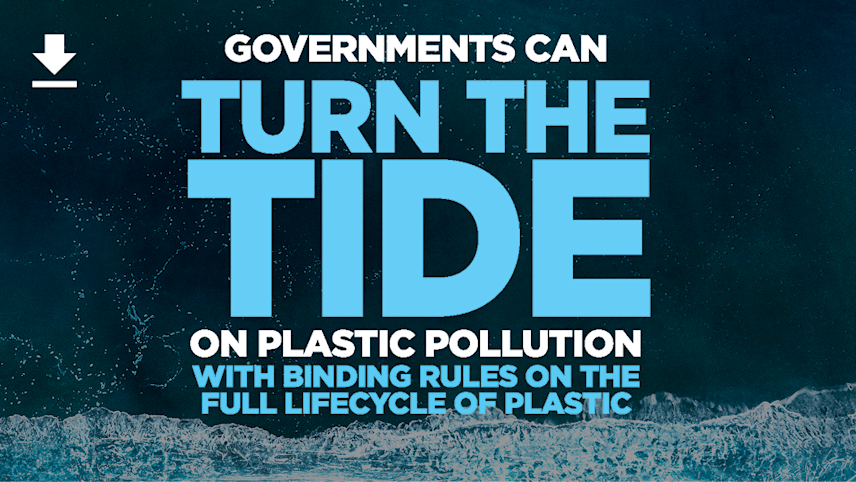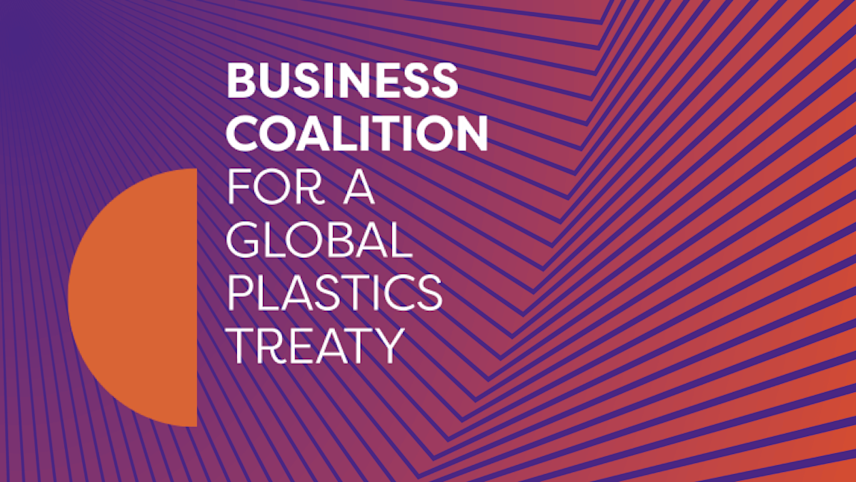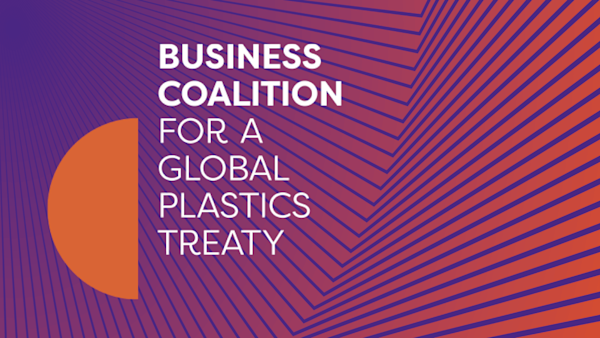A Global Plastics Treaty is our greatest opportunity to dramatically accelerate solutions that work, at scale, and move towards a circular economy for plastics.
In August 2025, countries met in Geneva to continue the fifth round of negotiations for a UN Global Plastics Treaty. While the majority of countries demonstrated support for an ambitious treaty, negotiators were unable to reach an agreement.
We are deeply disappointed by the lack of an agreement at INC5.2. At the same time, we leave Geneva feeling encouraged by the alignment developed over the last three years of treaty negotiations among a majority of countries, business, and civil society on a comprehensive approach to tackle plastic pollution across the full lifecycle. Such alignment did not exist before the start of negotiations – and provides a strong basis to build off going forward."
- Rob Opsomer, Executive Lead for Plastics and Finance
A majority of countries have articulated support for an ambitious global treaty, with a set of strong core obligations across the full plastics lifecycle, backed by clear implementation mechanisms for implementation support. This support extends beyond governments. More than 300 businesses have joined the Business Coalition for A Global Plastics Treaty, calling for the same and demonstrating that industry leaders recognise the urgent need for global action too.
At the Ellen MacArthur Foundation, we remain committed to driving progress towards a circular economycircular economyA systems solution framework that tackles global challenges like climate change, biodiversity loss, waste, and pollution. It is based on three principles, driven by design: eliminate waste and pollution, circulate products and materials (at their highest value), and regenerate nature. that designs out waste and pollution. We call on governments to step up and create the harmonised regulation that will unlock scaling of solutions, and on business to continue advocating for positive change while driving action in their own value chains.
A chance to redesign how we make and use plastics
This moment offers a real opportunity to redesign the system – and to design waste and pollution out. By addressing the full plastics lifecycle, we can design a circular economy for plastics that works for people, businesses and the planet.
Redesigning the system requires addressing all critical elements in parallel, with global coordination. To realise the economic and environmental benefits of a circular economy for plastics, we need to eliminate problematic products and chemicals of concern, while redesigning products and materials as well as the use and collection systems they enter into. Investing in circular solutions will build market resilience and benefit businesses, people, and the planet.
A treaty to dramatically accelerate solutions that work, at scale.
Even the largest voluntary business commitments top out around twenty percent of the market, but a treaty can create a harmonised approach for everyone. Global rules will enable scale and unlock coordinated investment for solutions we already know work. From expanding reusereuseThe repeated use of a product or component for its intended purpose without significant modification. models to improving systems and infrastructure and innovating away from flexible plastic packaging, a treaty with binding global rules will drive investment into impactful solutions with significant economic potential.
Support for implementation is critical. To be effectively implemented, the treaty must include financial support for countries that need it, mobilise public and private finance, and ensure a fair and inclusive transition for people impacted.
Governments must be united in ambition to agree to a treaty that can deliver economic, social and environmental impact. Businesses and people want it – governments can now deliver it.

Download
Join us in calling governments to turn the tide on plastic pollution










